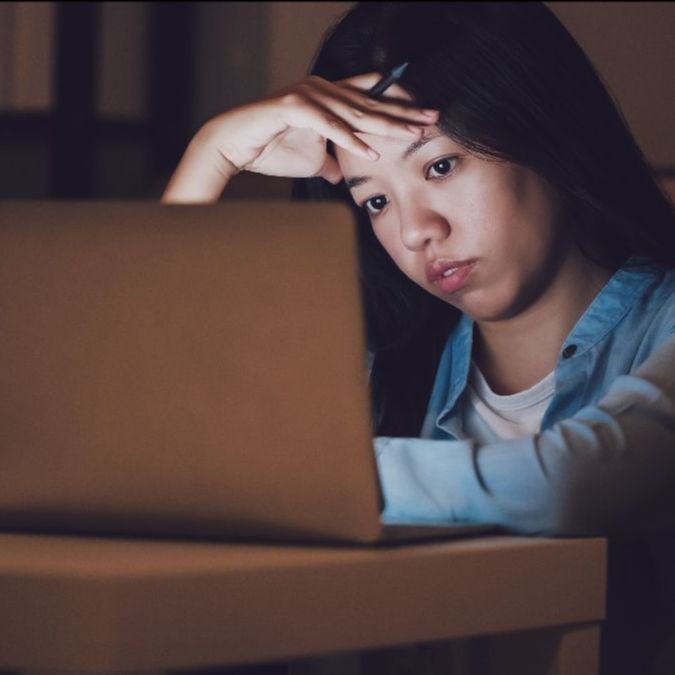by Allison Stumper and Julia Case, Temple University
For the past few weeks, we’ve all been experiencing unprecedented changes to our schedules, structures, daily lives, and functioning as our world faces significant trauma in the times of COVID-19. As many adjust to new restrictions prohibiting us from leaving our homes, the boundary between our work and our lives has become blurred, leading many to experience perceived pressure to be productive when “working from home.” In our quest to discover what our new lives will look like in the face of this pressure, we’ve found the following articles to be very meaningful:
Why You Should Ignore All That
Stop Trying to Be Productive
Below, we share our reflections on the most helpful messages from these articles, and others like them, during this time of substantial adjustment:
First, across different conversations and situations, at some point we will all perceive a pressure to be extra-productive in our new abundance of “found time.” It is important to note that this pressure can come from many sources: faculty or mentors, cohort-mates or other students, friends outside our field, and even ourselves. It’s also important to note that this perceived pressure may be well-intentioned, or may not even be directed at us. That being said, perceived pressure is still pressure, and thus this pressure can feel unhelpful or lead to us feeling overwhelmed. Fortunately, we have the privilege of deciding how we each individually respond to this pressure or perceived pressure.
It will help to accept that the old standards for productivity or success to which we previously have held ourselves may no longer apply or be appropriate. We need to take time to accept this and create new standards for ourselves. We are not suggesting shirking our responsibilities or abandoning our goals, but rather that we allow ourselves the time and space required for this adjustment, and to figure out what will work best for each of us during these times. Importantly, this process will look differently for everyone!
Some people may need to slow down or even take a step back from their prior level of productivity; others may lean into their work as a source of stability. Others still may invest time in revisiting old hobbies, or even exploring new creative endeavors. Each of these are reasonable coping strategies, and for that reason, it is important that we do not compare ourselves to others. Ultimately, we should hold a common goal of adopting a sustainable structure in order to accomplish what we need and want to do; however, both that structure, as well as the time it takes to get there, will differ on an individual level.
In closing, we leave you with a quote we recently read on Academic Twitter that summarizes well what we hope to communicate: “We are not working from home; we are at home during a crisis trying to work.”
Please stay safe and take care of yourselves!
Disclaimer: The views and opinions expressed in this newsletter are those of the authors alone and do not necessarily reflect the official policy or position of the Psychological Clinical Science Accreditation System (PCSAS).


